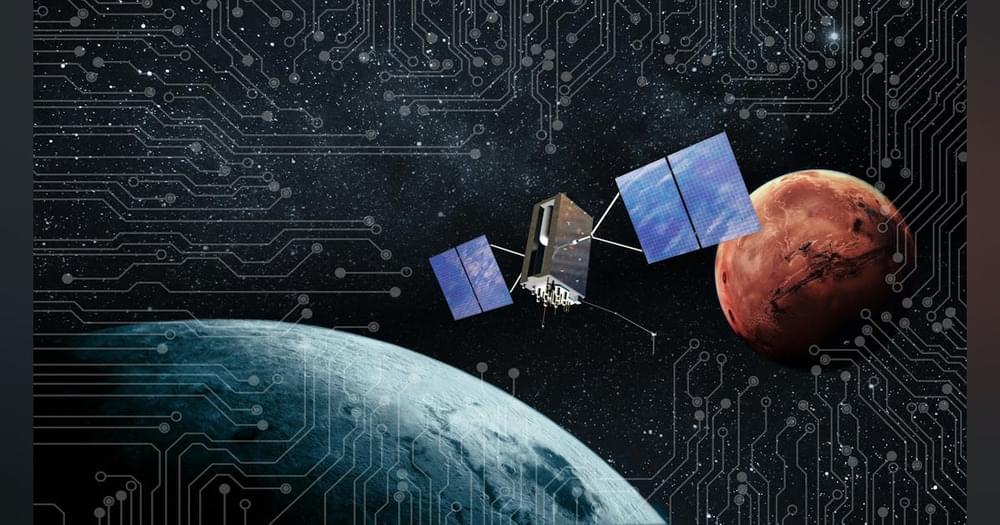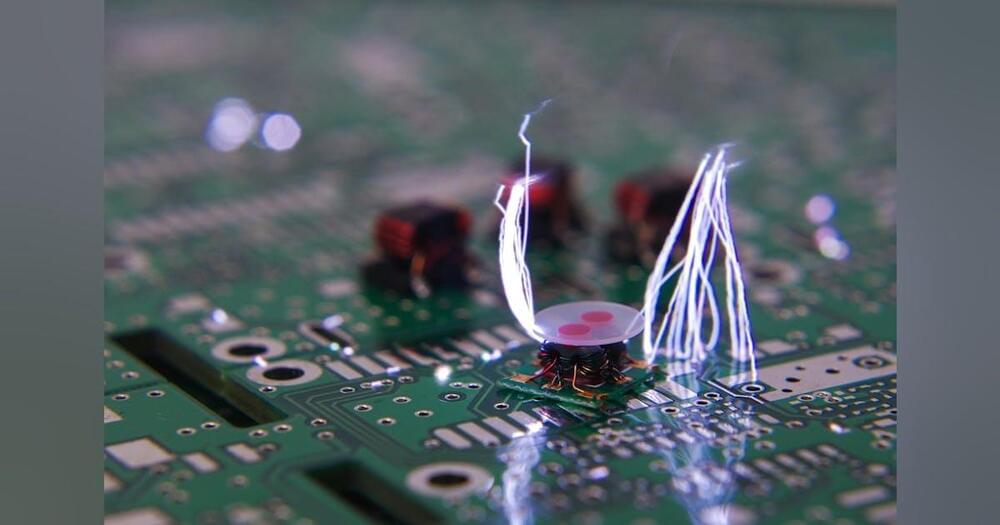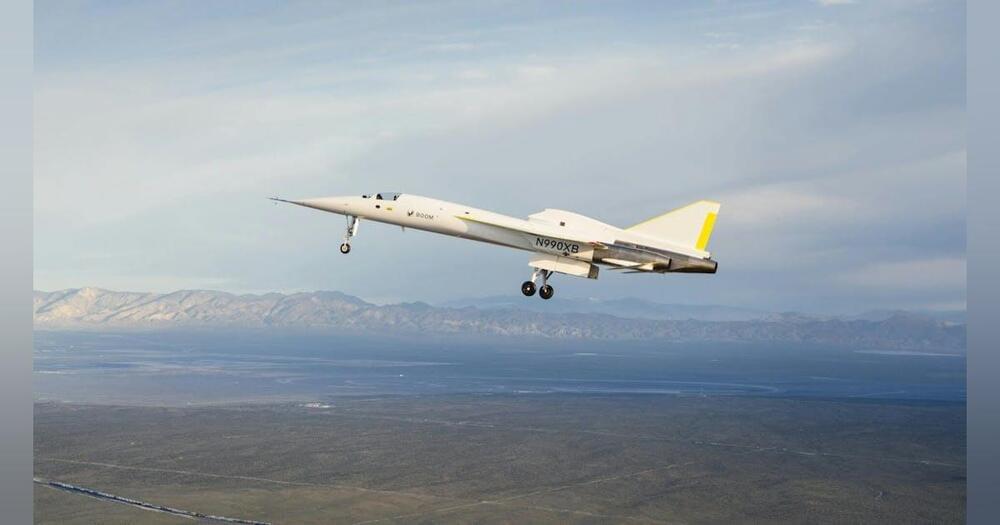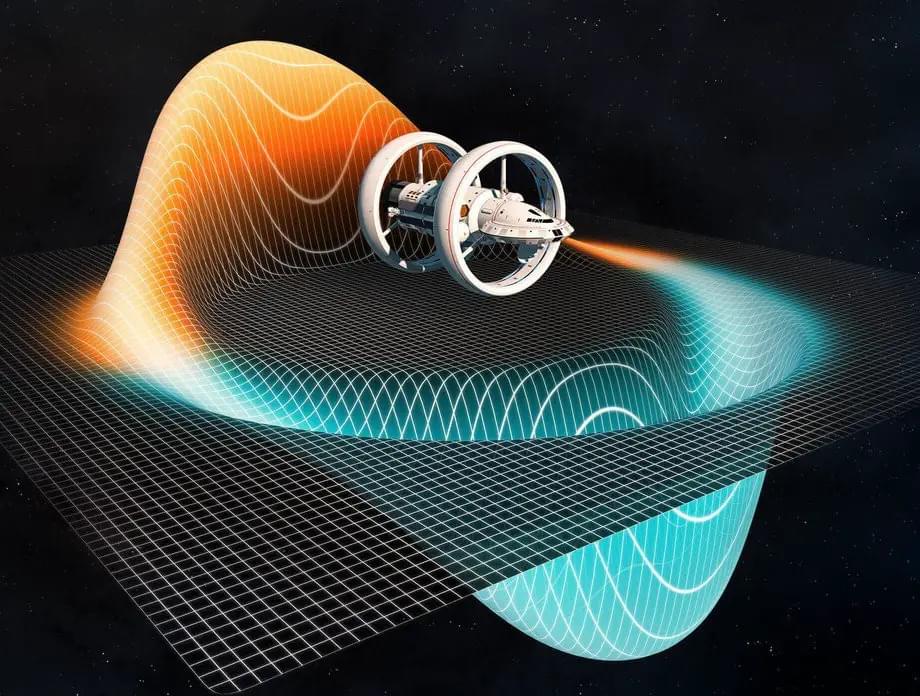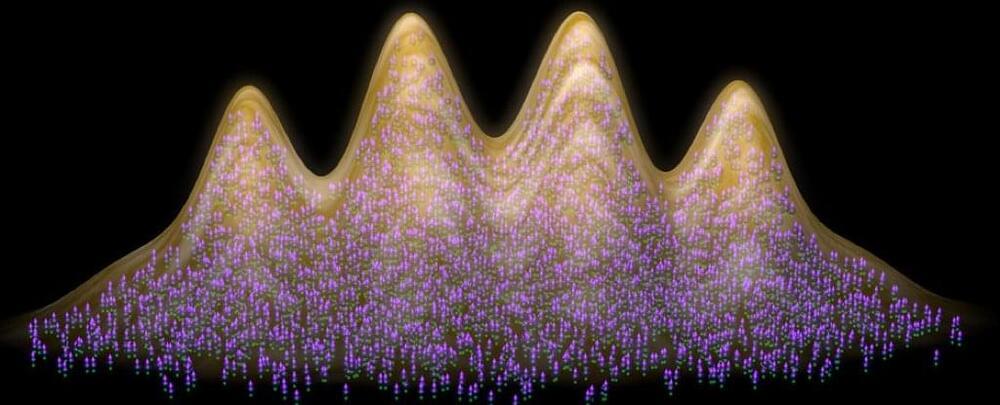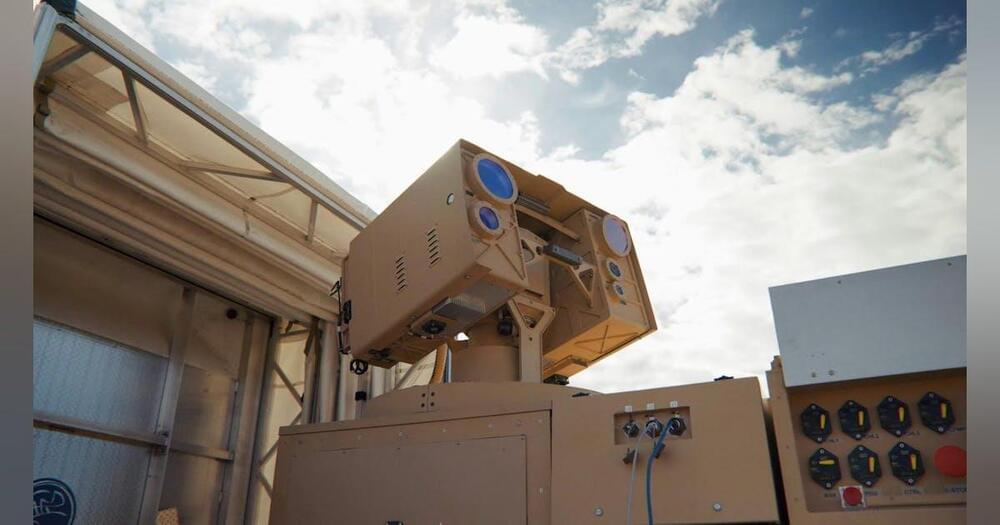
Perhaps no technology has shaped the 21st-century battlefield as profoundly as the drone. These uncrewed aerial vehicles (UAVs), along with their land and sea counterparts, have redefined the way wars are fought by providing military forces with unprecedented capabilities in surveillance, precision targeting, and intelligence gathering — all while reducing the risk to their own personnel. Drones have made complex operations more efficient and less costly, enabling militaries to strike with pinpoint accuracy and maintain a persistent presence over the battlefield.
As the century progresses, the influence of drones continues to expand beyond traditional state actors. Non-state groups and non-peer adversaries increasingly have adopted this technology, leveraging it to level the playing field in conflicts around the world. With commercial drones becoming more accessible, these actors can conduct reconnaissance, drop bombs, and challenge conventional military forces in ways that previously were unimaginable.
The influence of drones flows across all domains of warfare. Loitering munitions, or “Kamikaze drones,” have disrupted traditional force structures by providing smaller, more agile units with the ability to strike high-value targets such as tanks, artillery, and command centers.

